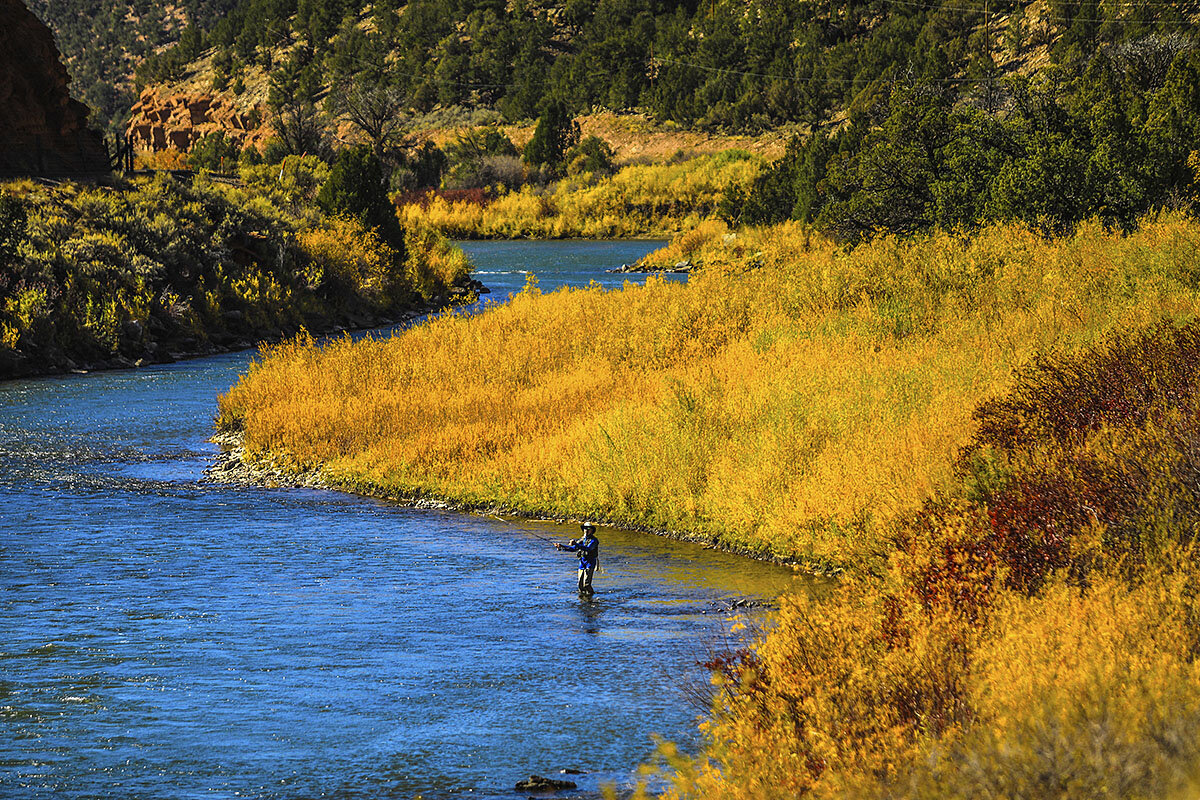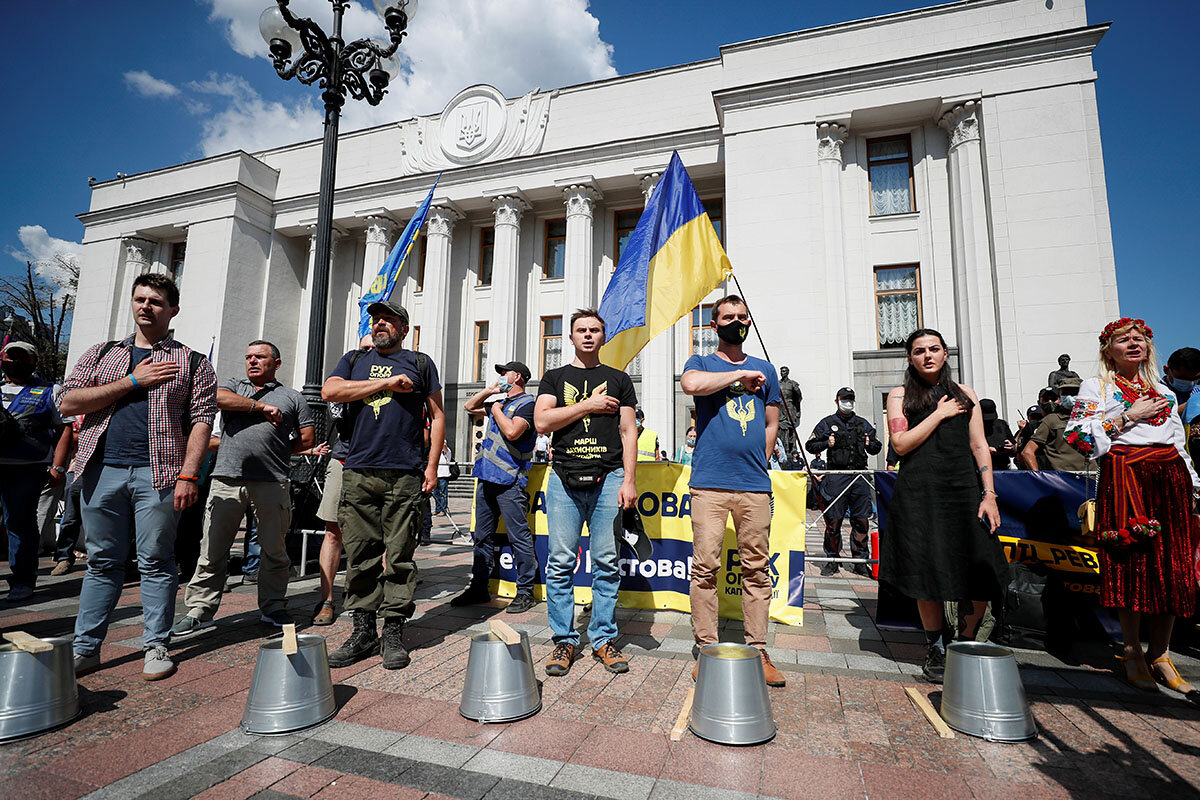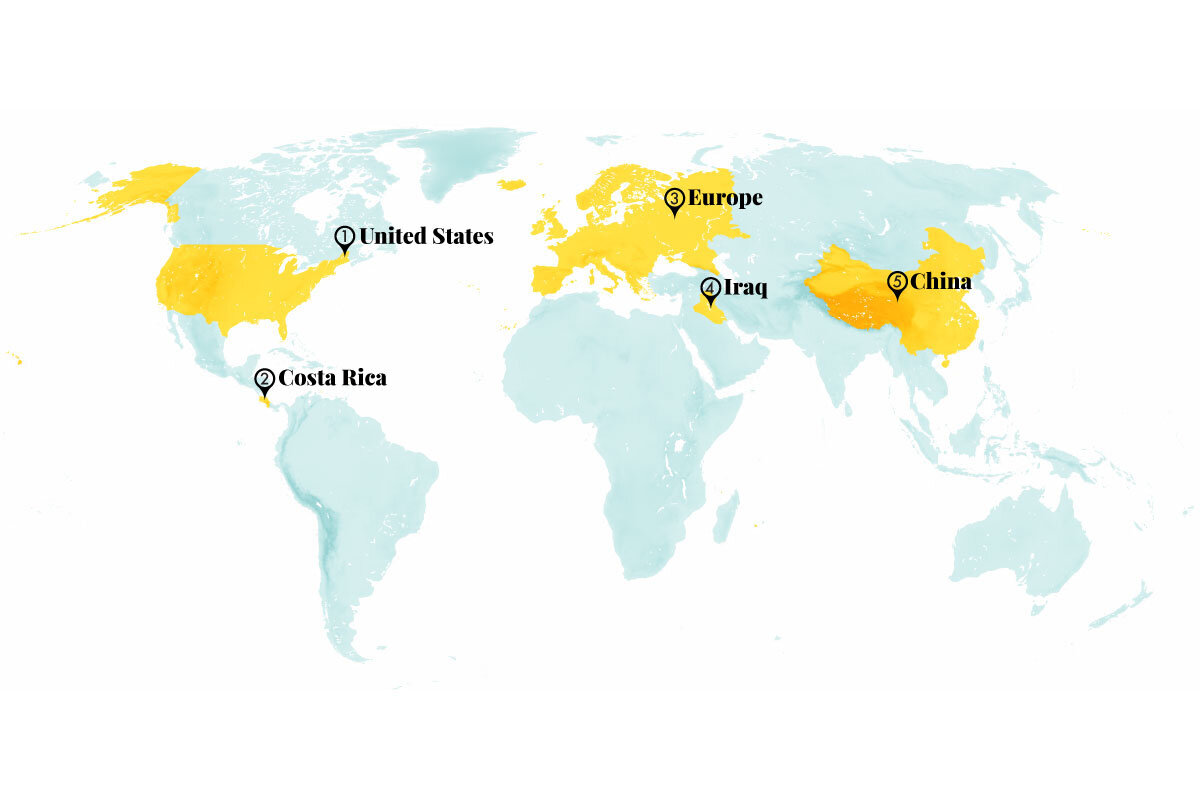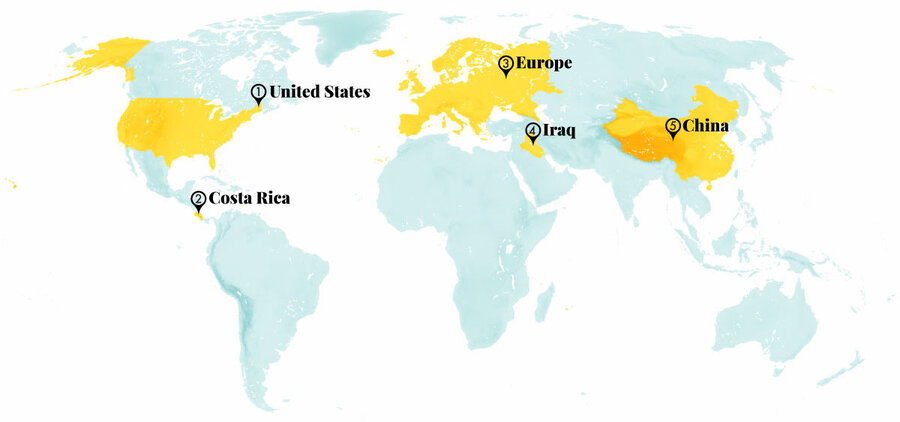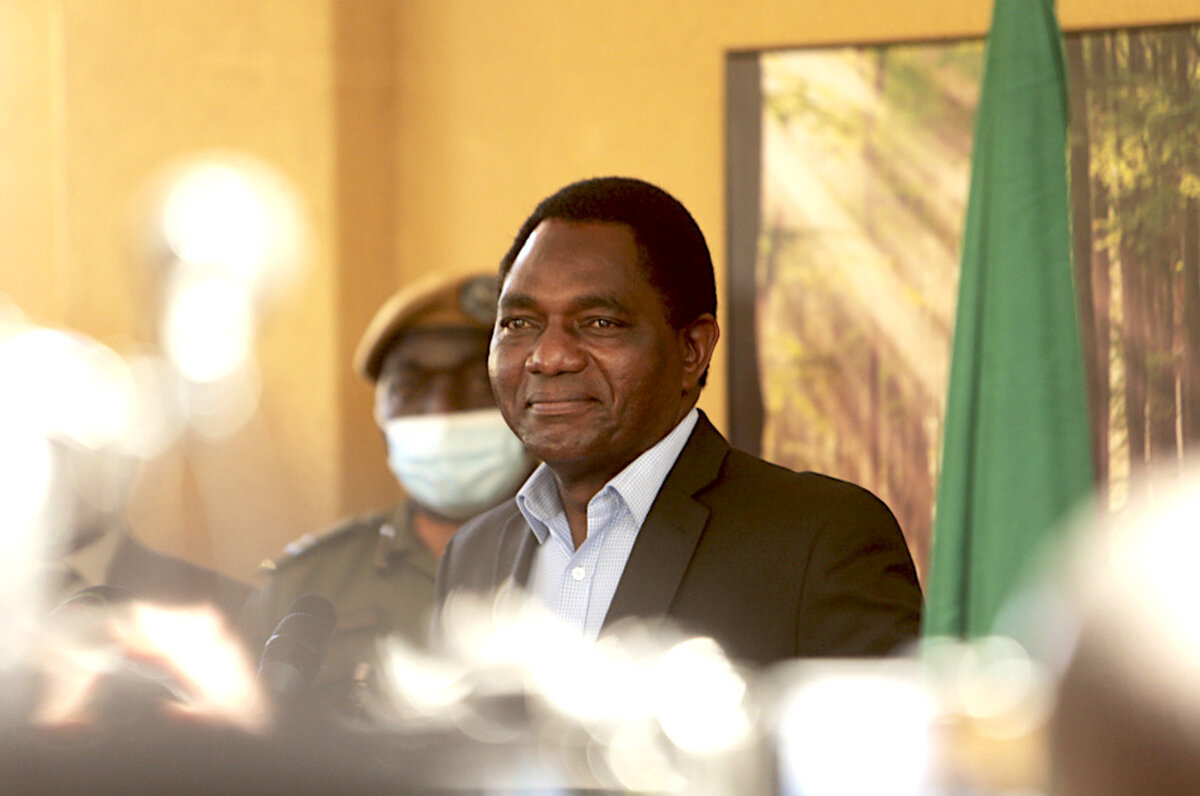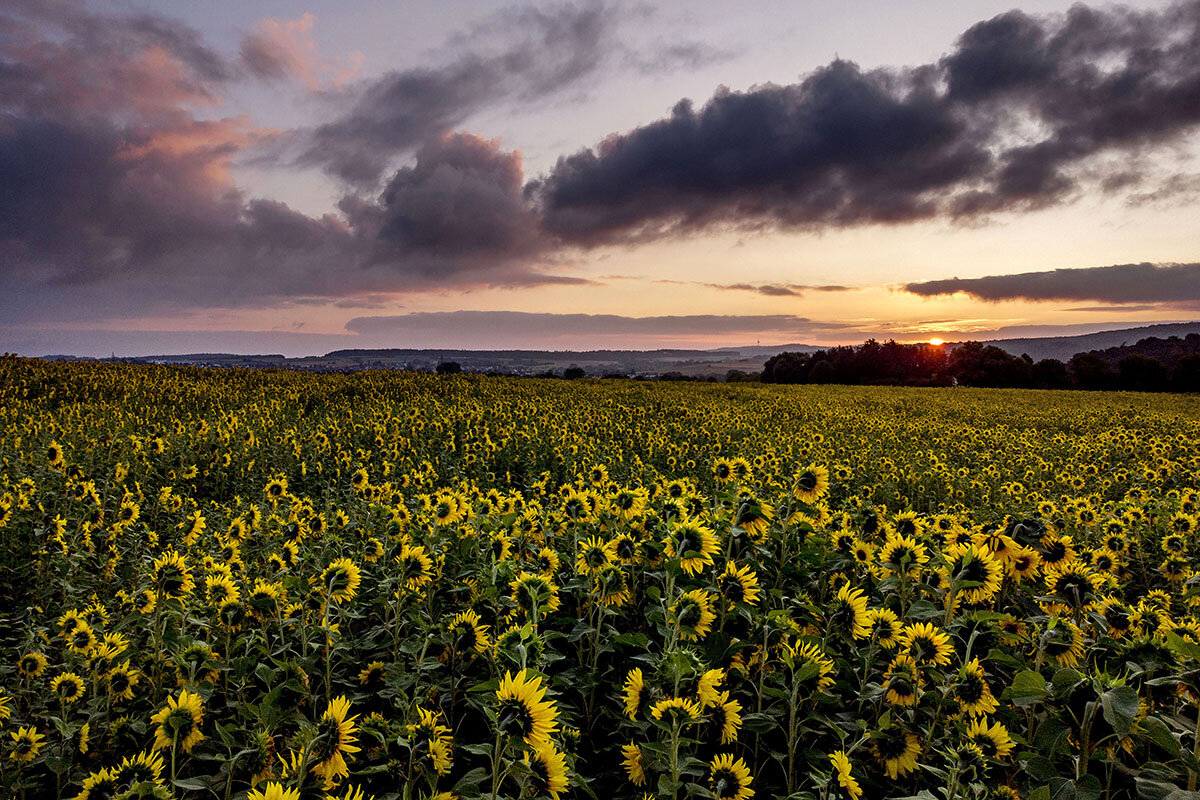Political parties normally shrug off losses – even tough ones – and focus on future wins. But the GOP is finding that after 2020, many core voters are not willing to move on.
Monitor Daily Podcast
- Follow us:
- Apple Podcasts
- Spotify
- RSS Feed
- Download
 Noelle Swan
Noelle Swan
The timing could not have been worse. Just five weeks after the assassination of President Jovenel Moïse plunged Haiti into political chaos, a 7.2 magnitude earthquake ripped through the nation’s rural southwest coast, buckling roads, leveling tens of thousands of homes, and reducing already flimsy infrastructure to rubble. Residents and aid workers were still taking stock when a tropical storm descended upon the region.
Nothing snaps the world to attention like a natural disaster. Haiti has been here before. In 2010, when a similar magnitude quake struck the capital city of Port-au-Prince, the entire globe, it seemed, reached out to help.
But within two years, just half of the funds had been delivered, and the world’s attention had long since moved on. Haiti was back where it started – alone in the dark.
In the intervening years, much of the news out of Haiti has centered around misappropriation of donated funds.
“We have a fair amount of hubris when it comes to intervening in other countries and thinking we know what’s best for them,” says Robert Maguire, a retired international affairs professor. “We don’t have a very good track record in listening to the people in these places and hearing what they are telling us.”
“The look for quick results has really gotten in the way of the longer, slower work of helping to reinforce and create institutions,” he adds.
Money is needed, of course, but equally important are patience and a willingness to recognize the agency and expertise of the Haitian community.
“The same people who survived and rebuilt after 2010, they are still there,” says Kathie Klarreich, a journalist who lived in Haiti for two decades. “The honest, hardworking humanitarians who live there will surface.”





